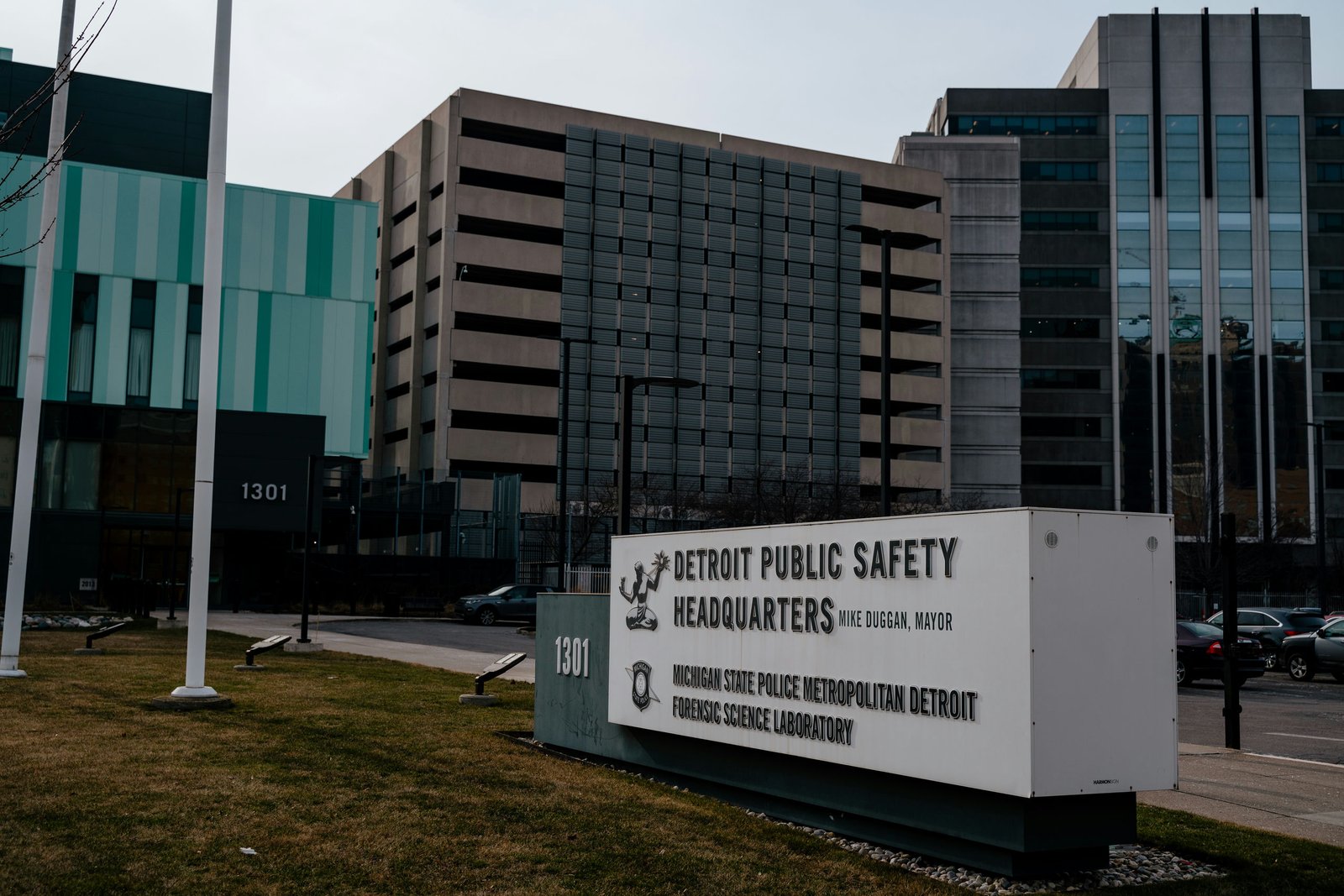[ad_1]
Filing a police complaint is supposed to be one of the ways to hold Detroit law enforcement accountable. If you’ve experienced or witnessed misconduct by a Detroit police officer, Office of the Chief Investigator (OCI) is the agency to contact. Here’s a detailed guide about how to file a police complaint in Detroit and what to expect afterward.
What is the Office of the Chief Investigator?
The OCI monitors and evaluates the conduct of Detroit Police Department (DPD) personnel. Staffed entirely by civilians, the OCI aims to ensure impartial reviews. It operates under the Detroit Board of Police Commissioners (BOPC) and is responsible for receiving, investigating and resolving complaints about police misconduct.
When a complaint is filed, the OCI assigns an investigator. If the matter involves potential criminal behavior, it is referred to DPD’s Professional Standards for further investigation.
The OCI exists to ensure transparency and accountability, providing complainants with updates throughout the investigation process and informing them of the final outcome. It should be noted, though, that the office has struggled to fulfill this mission, and the current chief investigator has reported a backlog of complaints — some of which are being re-investigated after they were improperly closed. He estimates it could take up to 18 months to clear the backlog.
What constitutes police misconduct?
Police misconduct includes a range of behaviors, including:
- Excessive use of force
- Harassment or discrimination
- Inappropriate language or behavior
- Civil rights violations, such as illegal searches
- Abuse of authority
If you believe an officer has acted improperly, you can file a complaint through the following channels:
- In person or by mail at the OCI office: 900 Merrill Plaisance, Detroit, MI 48203. Complaints can also be filed at any DPD precinct.
- By phone: 313-596-2499
- By fax: 313-596-2482
- Online: Submit your complaint.
Victoria Camille, a member of the Coalition for Police Transparency and Accountability and a former BOPC secretary, recommends that you file complaints directly with OCI, and not at a precinct. “Why would you file a complaint through the entity you are complaining against?” she wrote in an email to Outlier Media.
When filing a complaint, include as much detail as possible, including:
- Date, time and location of the incident
- Names or badge numbers of involved officers
- Witness names and contact information
- Supporting evidence, such as photos or videos
What happens after you file a complaint?
The OCI follows a structured investigation process:
1. Acknowledgment: Within seven days, the OCI will mail you a copy of the complaint with a unique complaint number and the name of the assigned investigator.
2. Investigation: An investigator reviews the complaint, gathers evidence and interviews involved parties. If the investigator identifies potential criminal activity by the officer, the case is forwarded to DPD’s Internal Affairs/Force Investigations Unit. This process can take up to 90 days to complete.
Do you need info, resources or help navigating an issue in Detroit? Text DETROIT to 67485 for on-demand info or to speak directly with an Outlier Media reporter.*
3. Updates: Expect periodic updates on your complaint’s status.
4. Findings and Review: After the investigation, the chief investigator reviews the findings and makes a recommendation to the BOPC. A member of the board reviews and approves the findings. The police chief or their designee reviews the findings as well.
Possible findings include:
- Sustained: Evidence supports that the officer’s actions violated DPD policies, procedures or training.
- Not Sustained: Evidence is insufficient to confirm misconduct.
- Exonerated: Evidence confirms the officer’s actions did not violate department policies, procedures or training.
- Unfounded: No evidence supports that the incident happened.
5. Notification: You’ll get written notification of the outcome. If you don’t hear back from the OCI, contact the BOPC at 313-596-1830 or by email at bopc@detroitmi.gov.
What happens if a complaint is sustained?
Chief Investigator Jerome Warfield says all sustained complaints are forwarded to DPD for potential disciplinary action. Penalties can include counseling, a written reprimand, a suspension or termination.
The complaint process does not require that you be notified about consequences. However, you can file a Freedom of Information Act request to ask whether disciplinary action was taken.
The BOPC said last month that it’s working to add disciplinary outcomes to a newly launched dashboard that tracks citizen complaints.
Warfield said even complaints that don’t lead to disciplinary actions are a part of a record that can help identify patterns of misconduct. These records can inform decisions about officer re-training and other corrective measures.
Camille, the former BOPC board secretary, notes that the complaint process is just one way for the public to hold police officers accountable.
“Other important sources of dissatisfaction include lawsuits, public comments, professional standards (Internal Affairs) complaints, and surveys,” she said.
How do other agencies handle police complaints?
Every city and jurisdiction handles police complaints differently. A good starting point is to search online using the name of the city or jurisdiction where the incident took place and the term “police complaints.” This often leads to the process or contact information needed to file your complaint.
It’s important to note that few cities have independent police oversight agencies like Detroit’s. Independent oversight agencies can provide an additional layer of accountability, but they are not available in all municipalities.
Also, police officers are not limited to city departments. Counties typically have sheriff’s departments, universities may have sworn law enforcement officers, and some school systems, like Detroit’s, have their own police forces. To file a complaint with these entities, visit the respective website, or call.
No matter what, make sure you document details of the incident, including dates, times, locations, and the names or badge numbers of officers involved (if known). This information is often required to proceed with a complaint.
Laura Herberg contributed to this story.
[ad_2]
Source link
Share this content:
